Although the Roman Catholic Church’s College of Cardinals elected the first Latin American pope in its history Wednesday, any reforms will be a result of his individual character and not of his origin, Boston University experts said.
“Any changes he is likely to make will depend more on him as an individual than him being from Latin America,” said Taylor Boas, a political science professor. “For instance, he is a Jesuit, he has devoted his career and focus to helping the poor and a lot of his initial comments have been along the lines of helping [the poor].”
The College of Cardinals elected Archbishop Jorge Mario Bergoglio of Buenos Aires, Argentina, to take the position of leader of the Catholic Church as Pope Francis Wednesday after Pope Benedict XVI announced his resignation in February — the first time a pope has done so in six centuries.
Pope Francis’s assistance for the poor in the past has human rights activists in Latin America anticipating change, Boas said.
“His stance on the dictatorship in Argentina in the 1970s draws criticism, though,” Boas said. “There is a lot of research by Argentine journalists questioning whether he was as outspoken as he should have been about the dictatorship and making efforts to attain the release of priests kidnapped by the dictatorship.”
In his first address to the media, Pope Francis said he wants a “poor church for the poor.” He has never lived in an ornate church-mansion, and he strives to work in a less ostentatious papacy.
Boas said one of the largest obstacles the new pope will face is revitalizing the influence of the Catholic Church in Latin America because there are vast, growing populations of Evangelicals, Pentecostals and other secularists.
“The Catholic Church has seen significant competition, particularly in Brazil where Evangelicals were 22 percent of the population in the last census,” Boas said. “Also in Central America in places like Guatemala, as much as a third of the population are Evangelical. These are extremely fast growing religions, and [they are] often very active in politics.”
Vatican City does not allow priests to run for office, but Evangelicals have the ability to pursue elected office, Boas said. This increases the influence of Evangelical ideas in Latin American political decisions.
Ilana Langsam, a College of Arts and Sciences sophomore, said an increased presence of Catholicism or the appointment of an Argentinian Pope might not have a great effect on social and economic progress of Latin American countries because there are more pertinent economic problems that need to be addressed.
“It is difficult to generalize because each country has its own problems, but the majority of these countries currently have low GDPs and extremely unequal wealth distribution,” Langsam said.
To bring people out of poverty, political problems such as education must be tackled before religious issues, she said.
“Even though a lot of Latin American countries experience high GDP growth rates, there are still high levels of poverty and the wealthy hold the vast majority of the wealth, especially since many of the political systems in these countries are unbelievably corrupt,” Langsam said.
As the pope chose to bear the same name as St. Francis of Assisi — historically recorded as a church reformer — he is expected to bring wide changes to the Church’s policies, said College of Communication sophomore Kim O’Connell.
Bergoglio is the first pope to be named after this saint, which O’Connell said she thinks shows how the College of Cardinals trusts him to change and modernize the Church.
“It foreshadows what he has in mind for the Catholic Church,” she said.
O’Connell said Latin Americans must be thrilled because their large Catholic population will be represented better in the Vatican, a shift in perspective that will help reform the Church.
“Right now our whole world is changing so quickly and the Church is the one thing that has remained the same throughout the evolution of society,” O’Connell said. “The Church needs to change things to make them relate to today’s world more instead of still operating with an old-fashioned twist.”

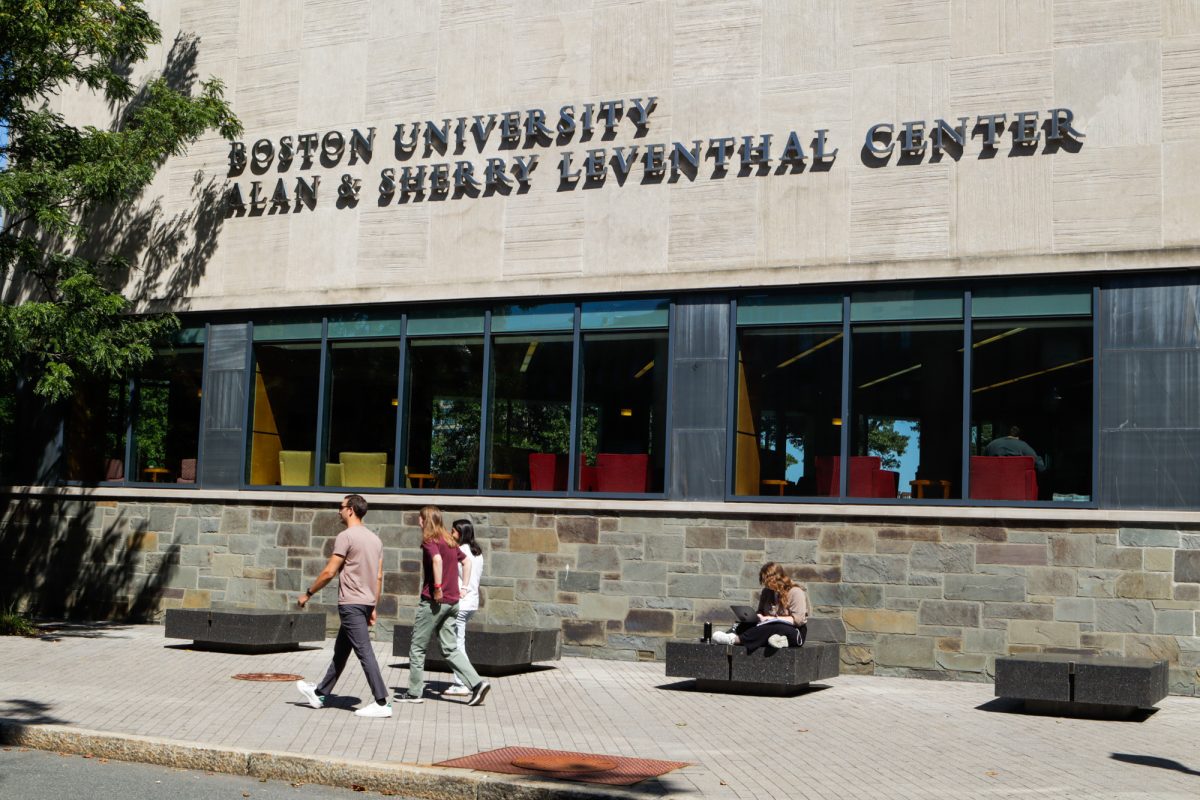

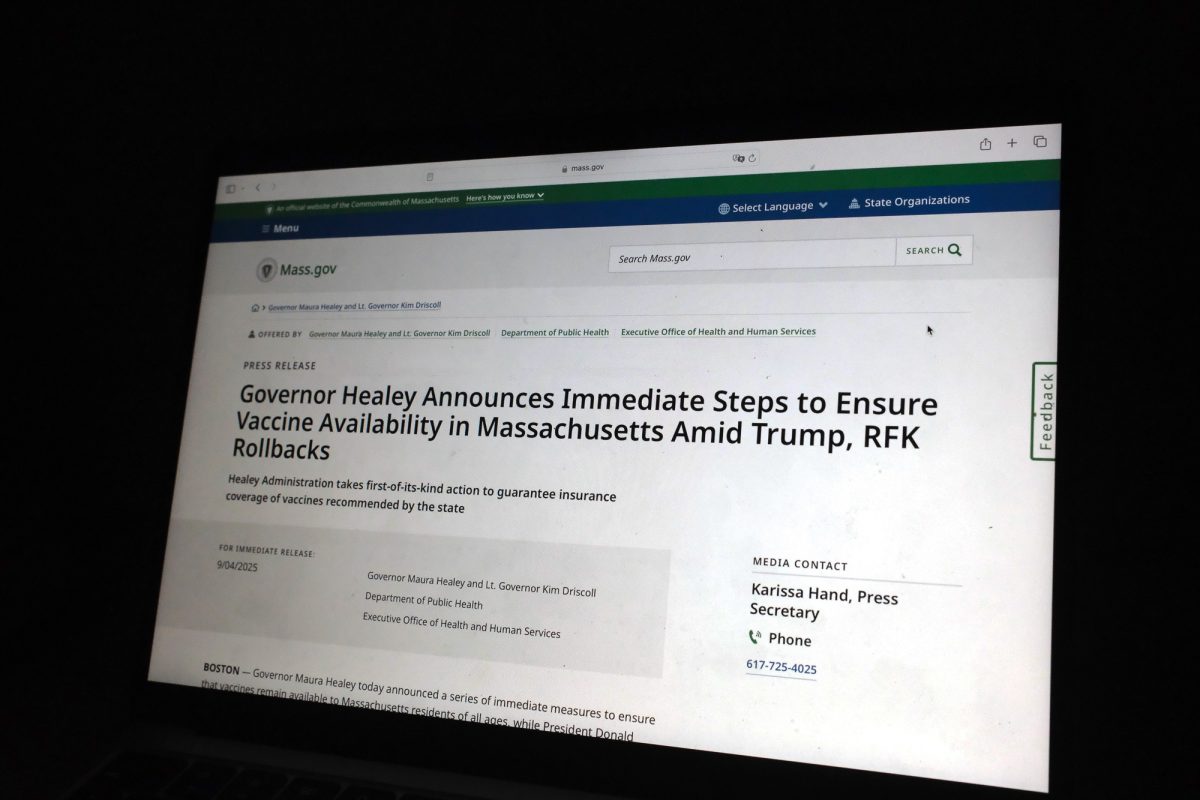
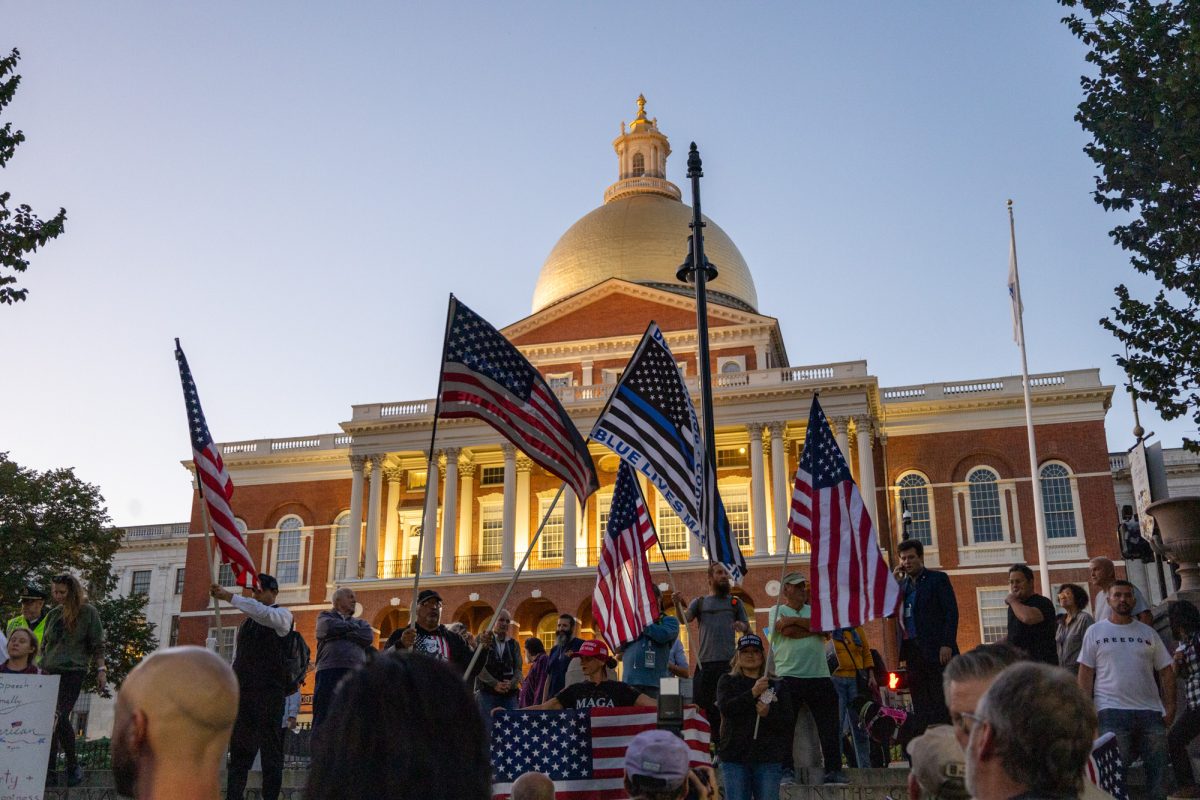
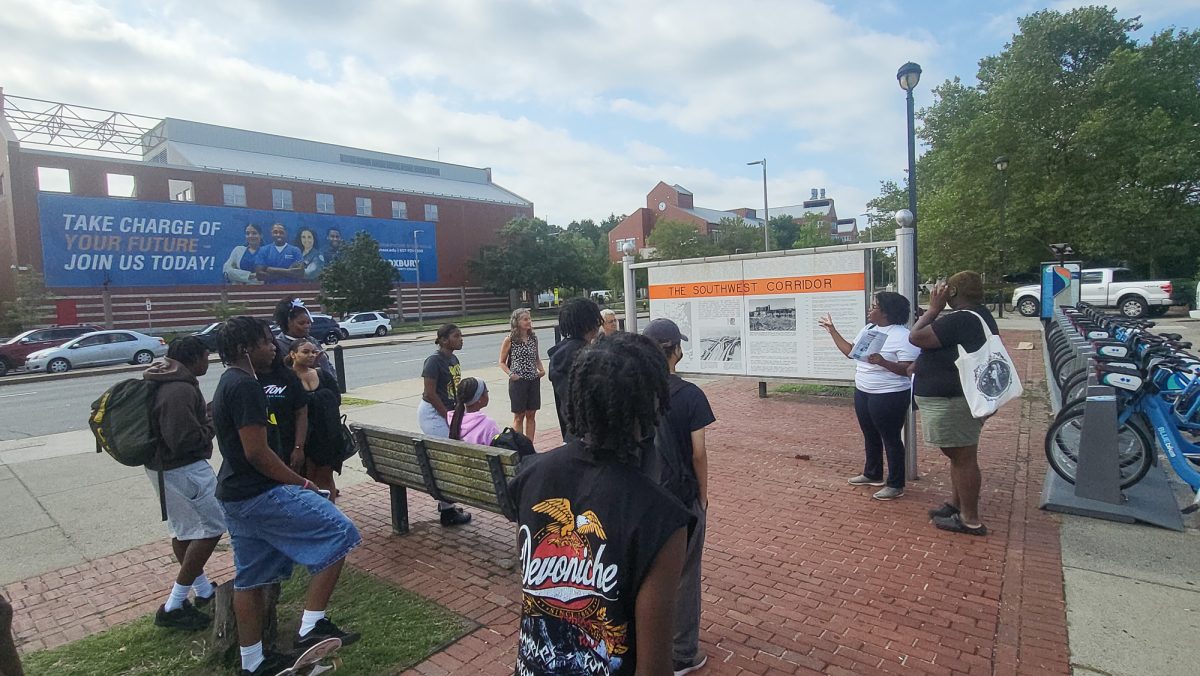
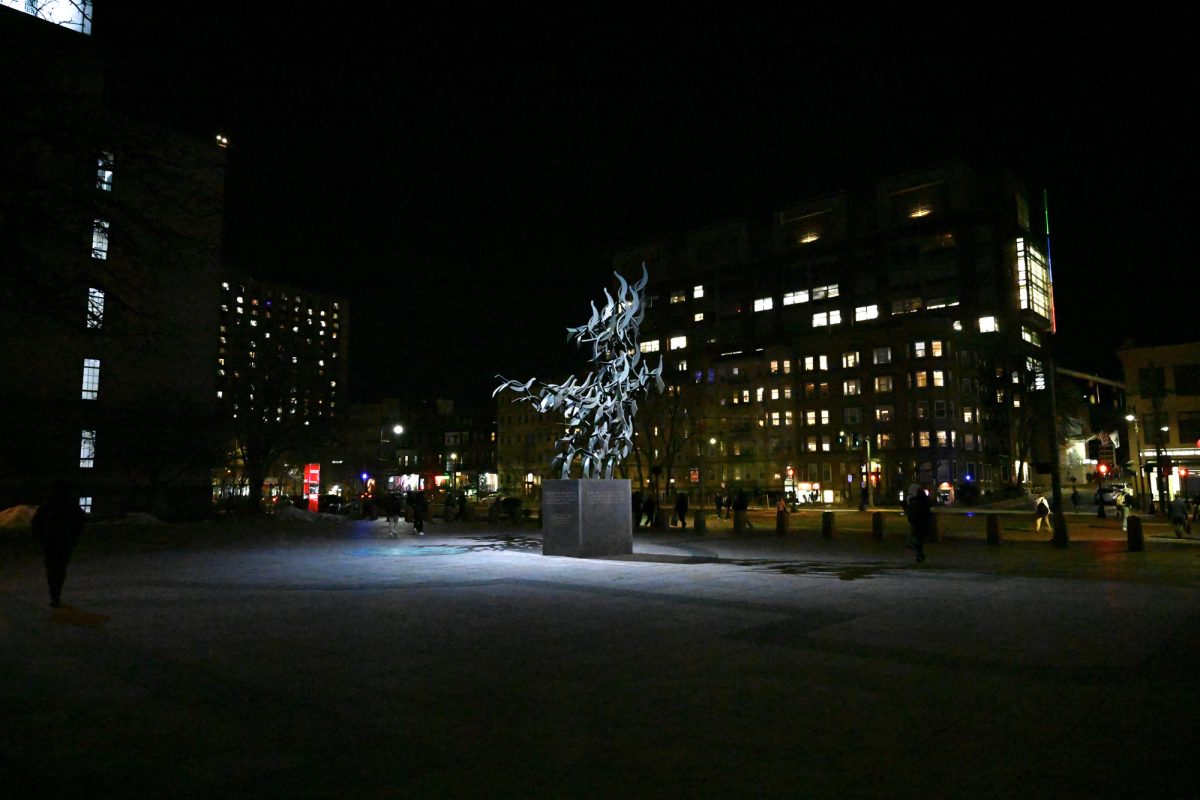

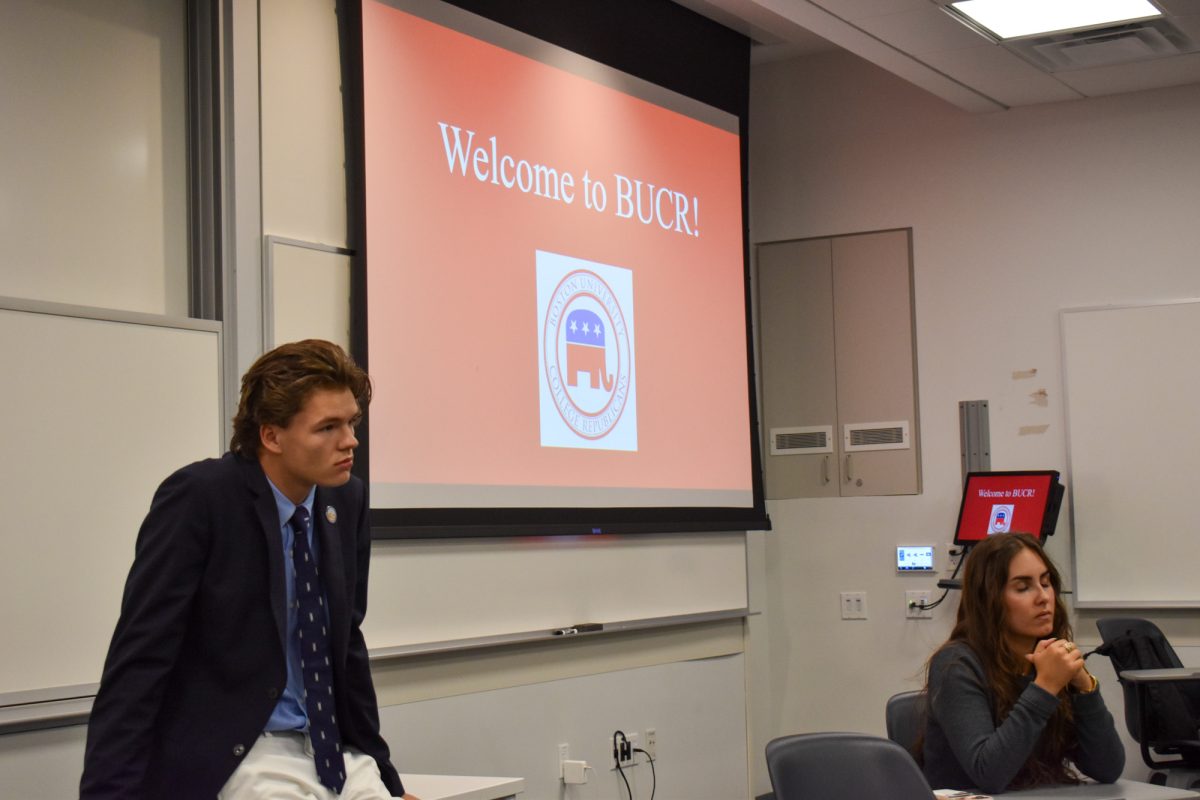

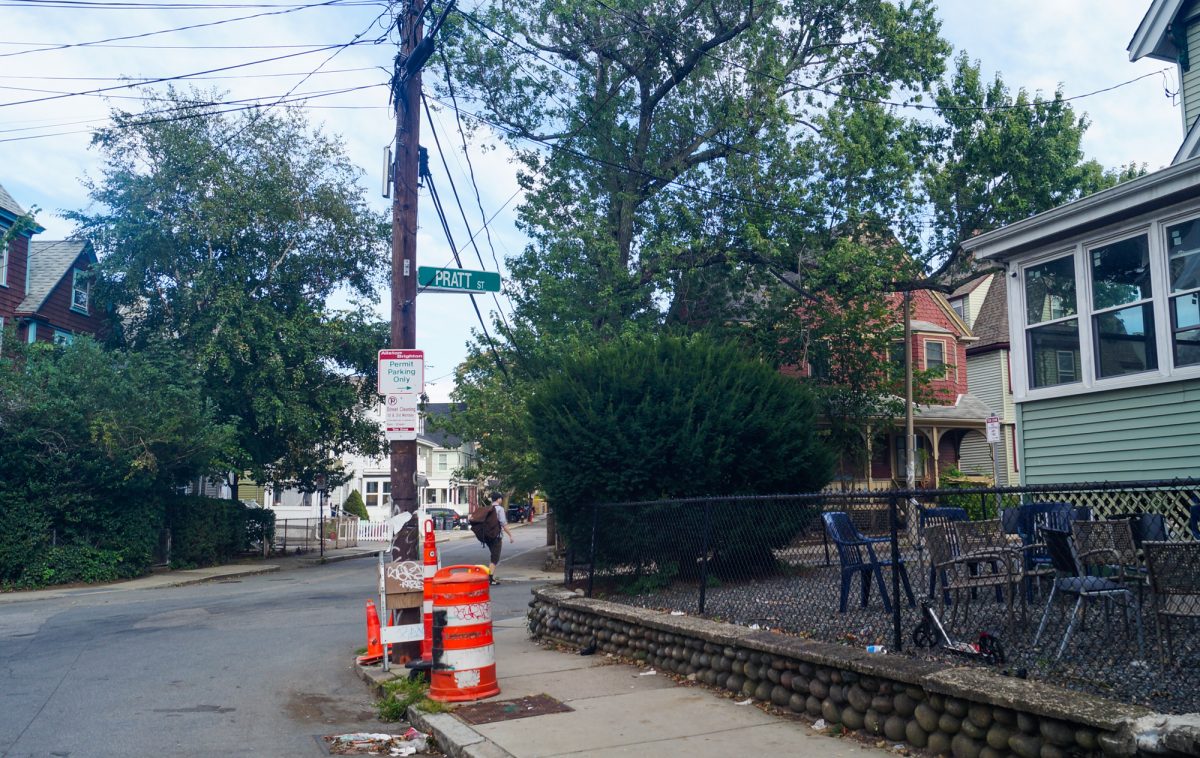


















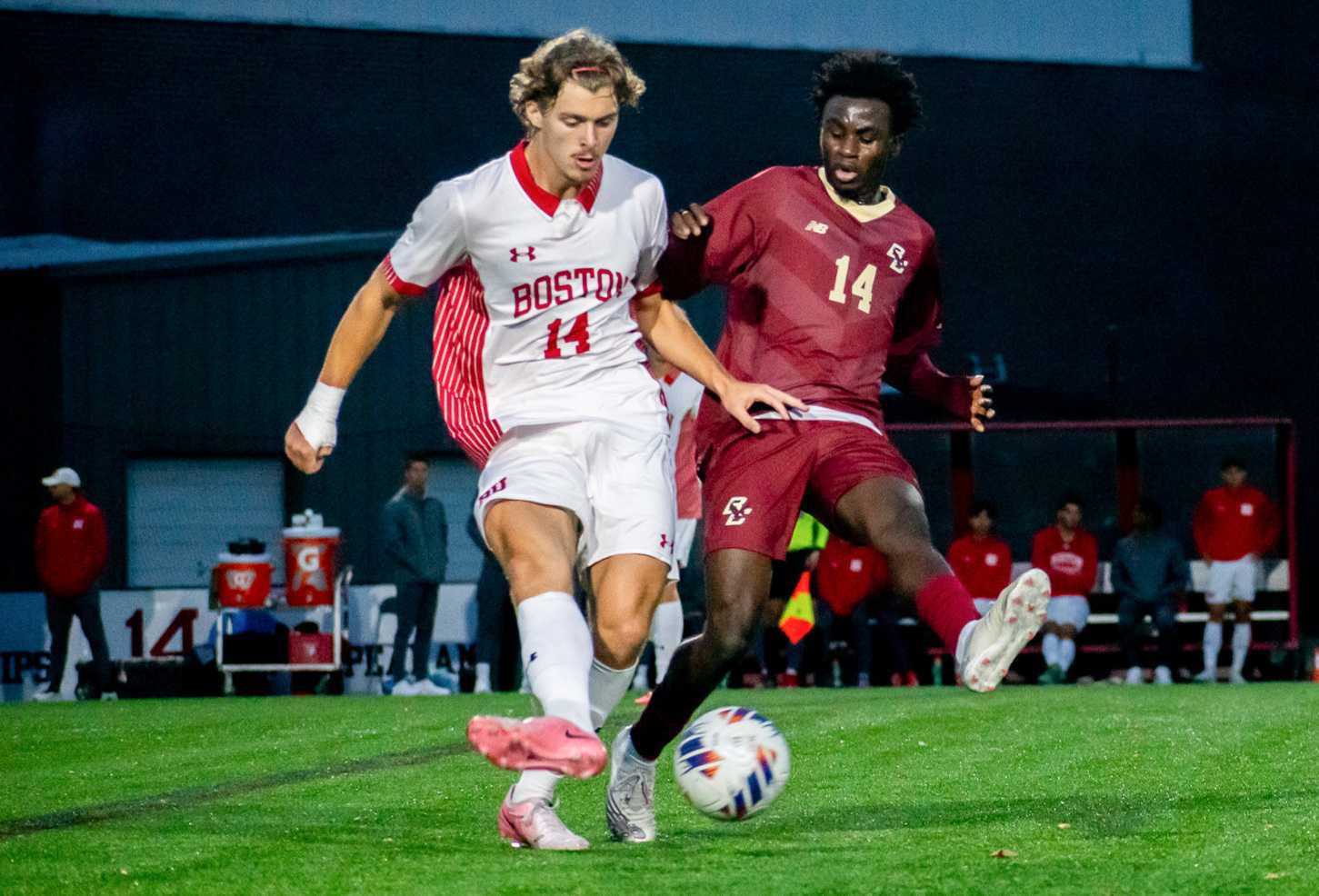




























































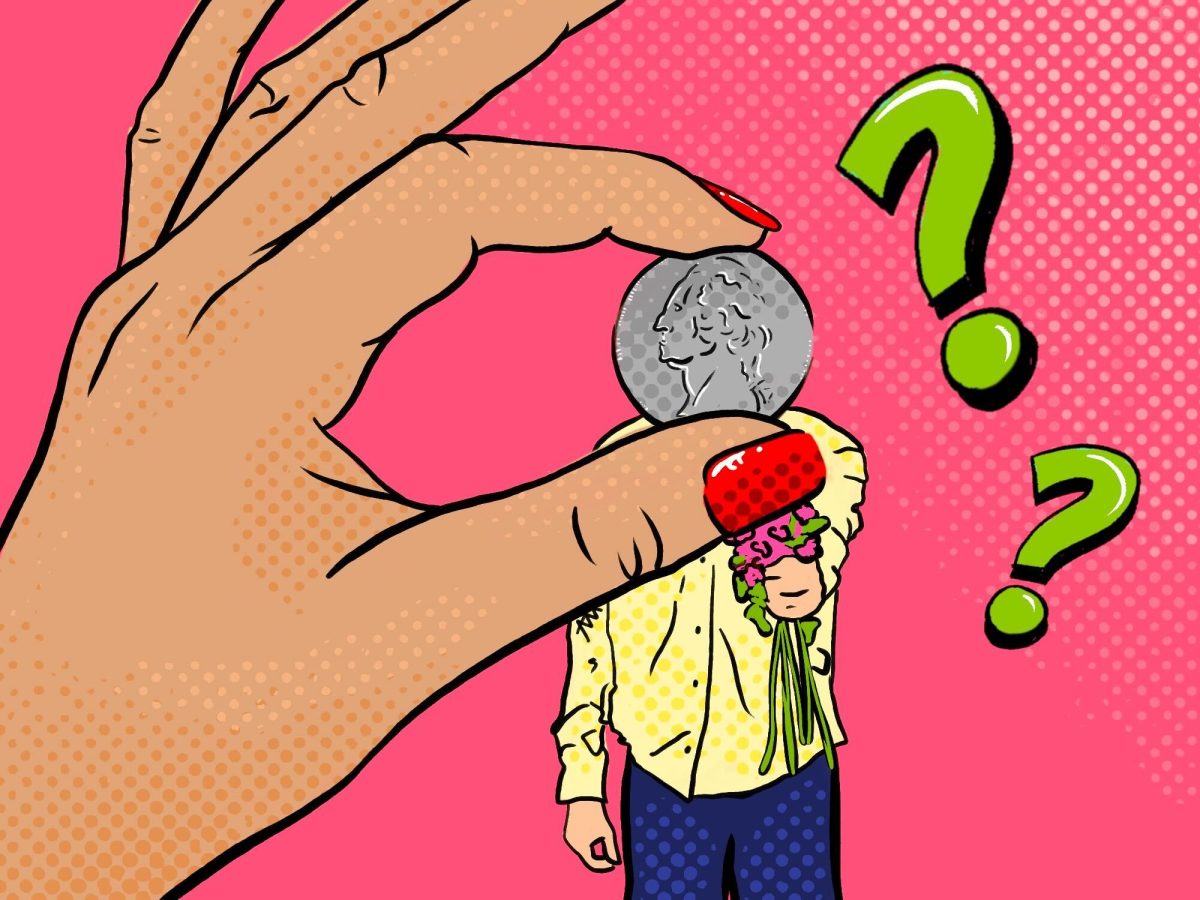
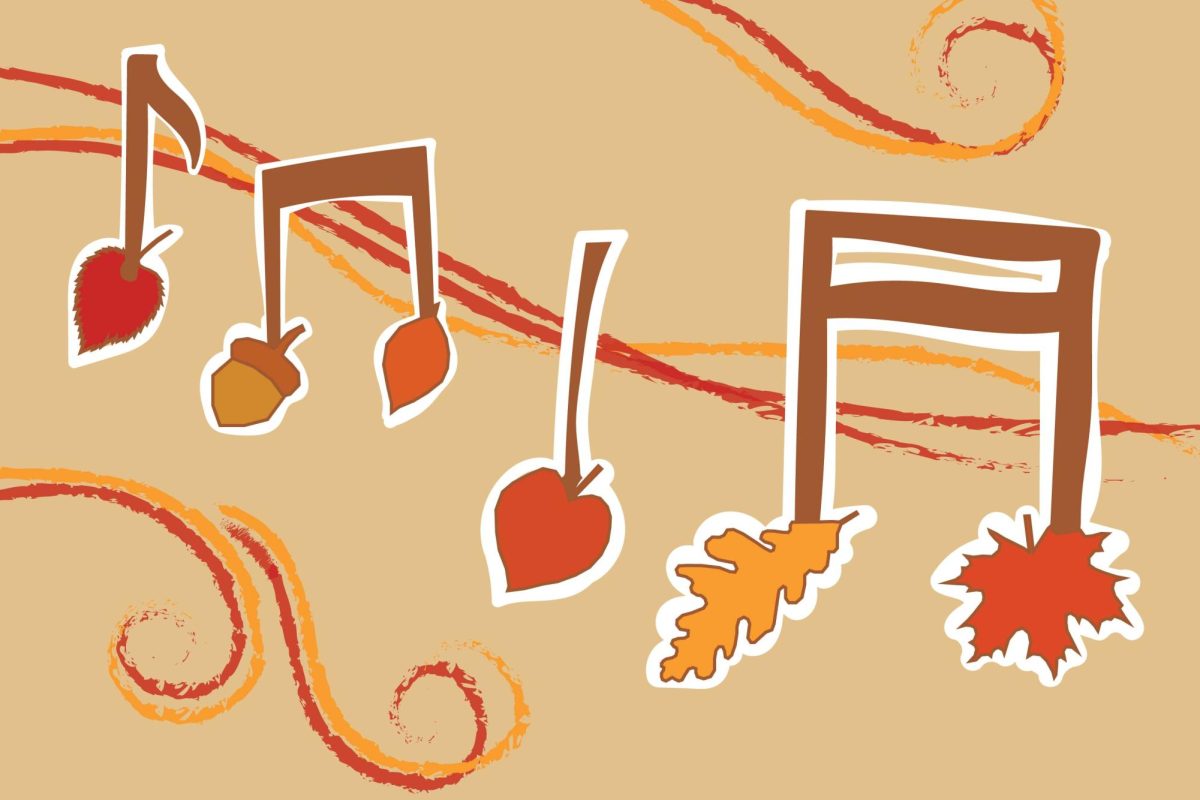
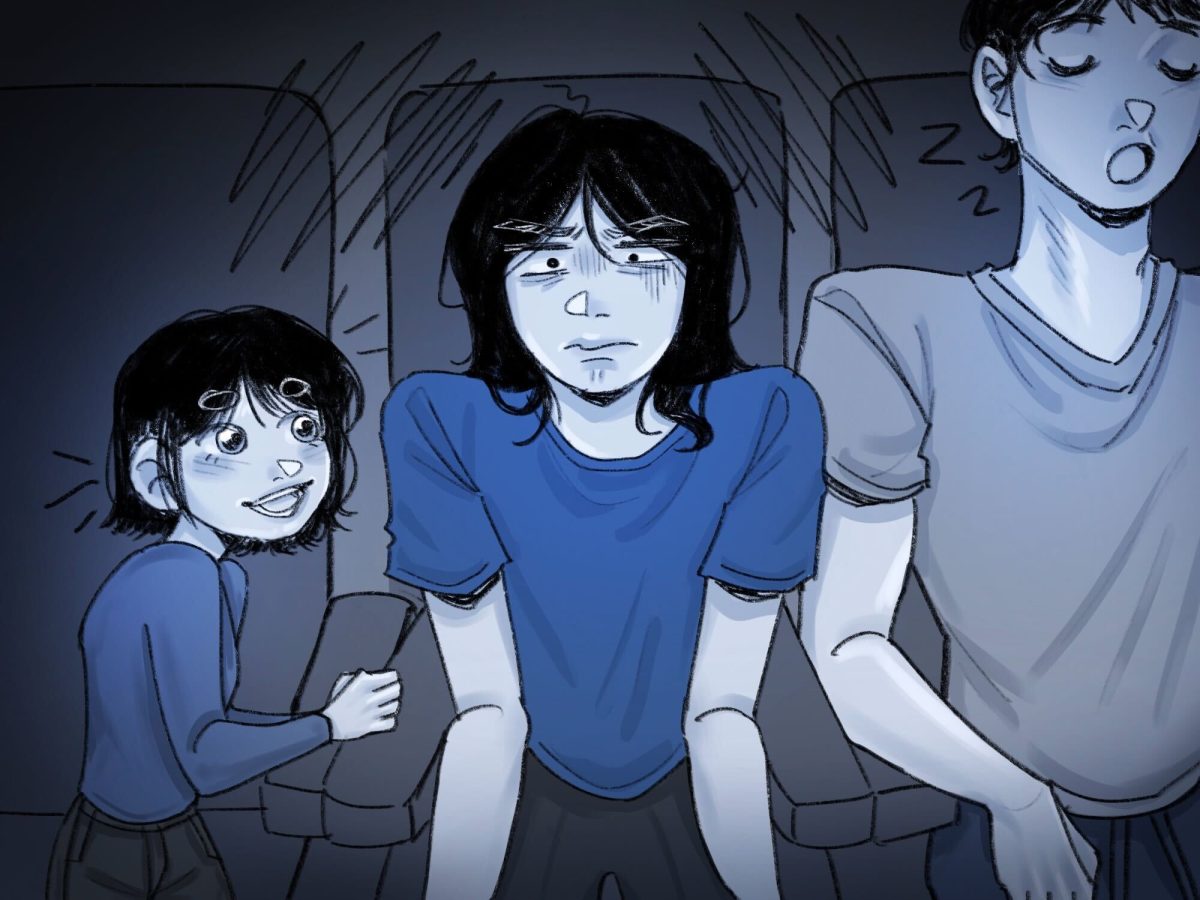

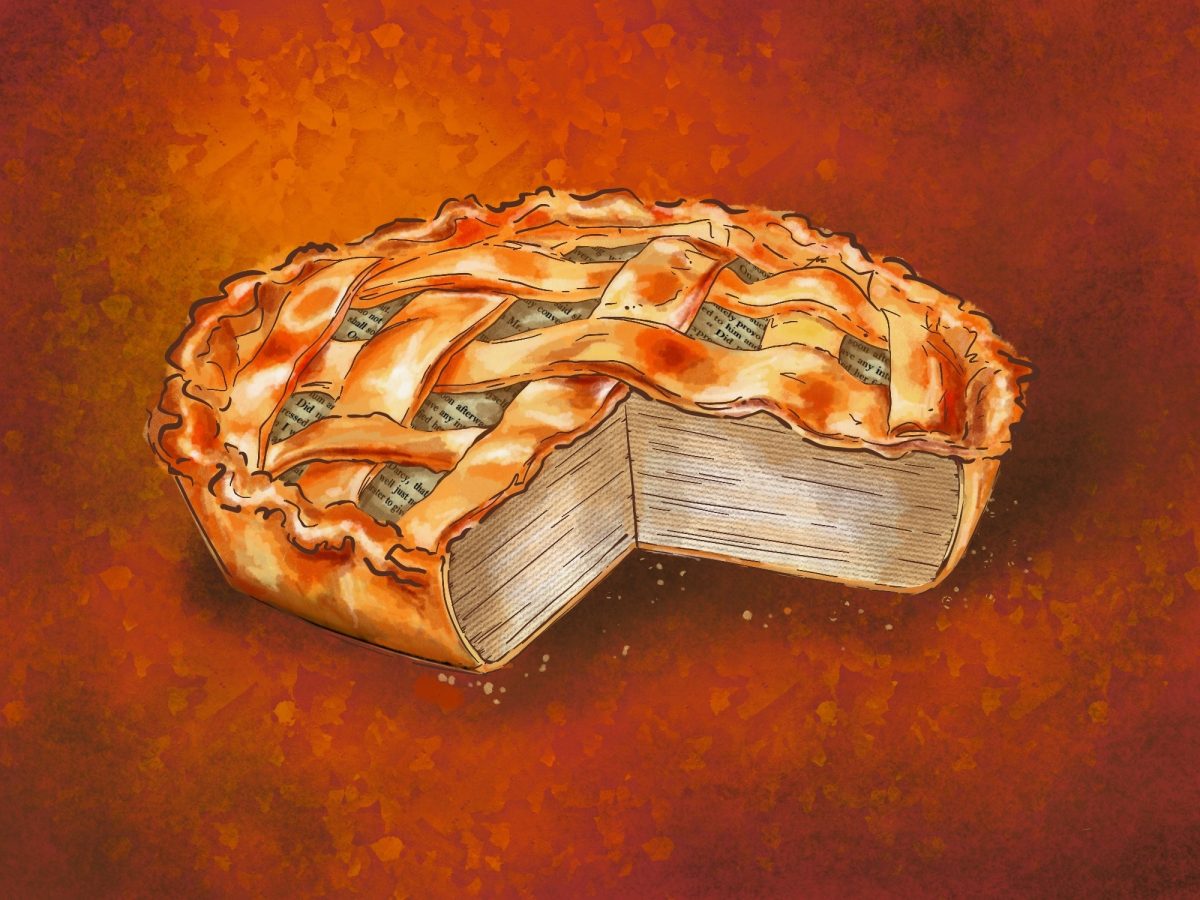


















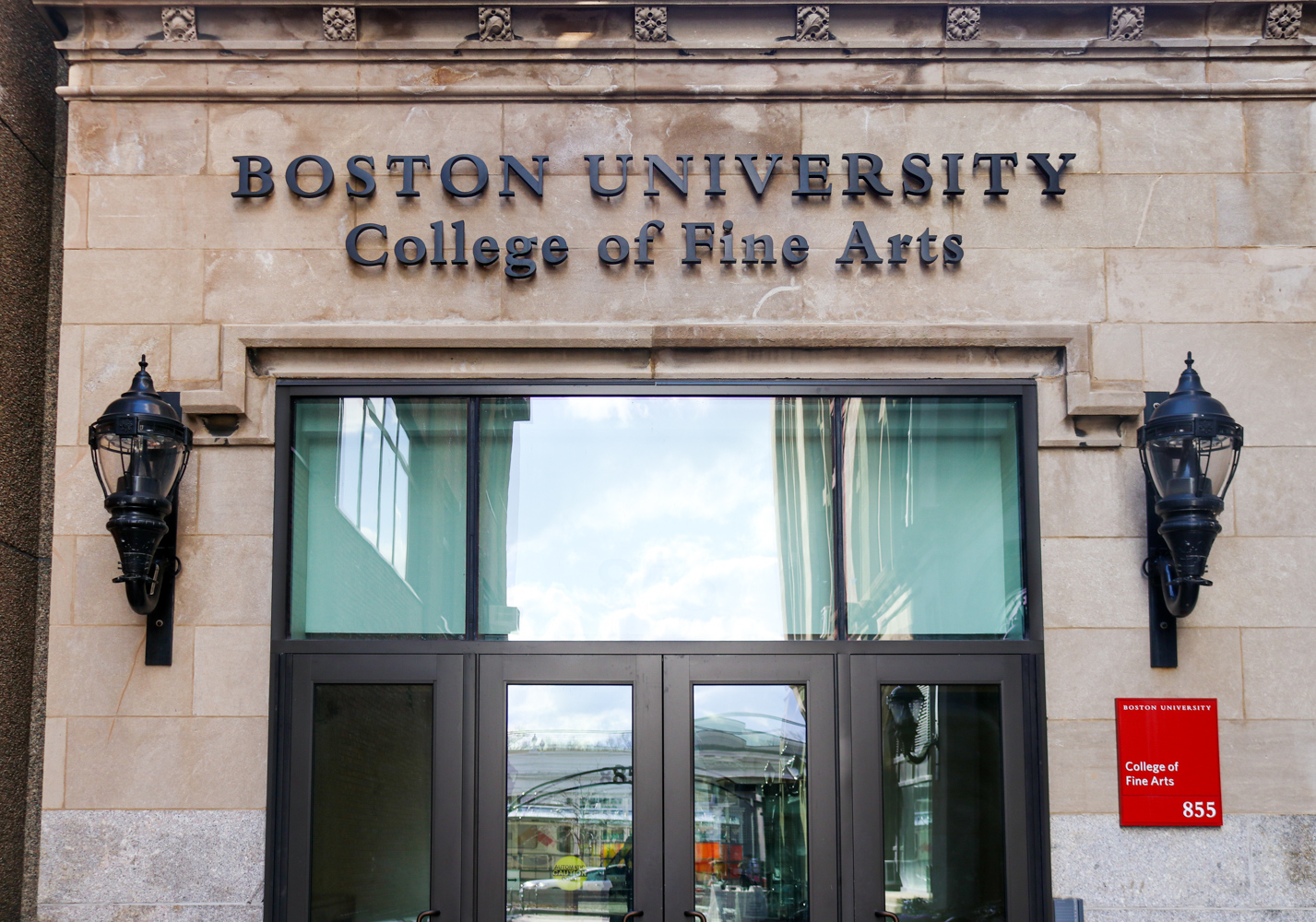

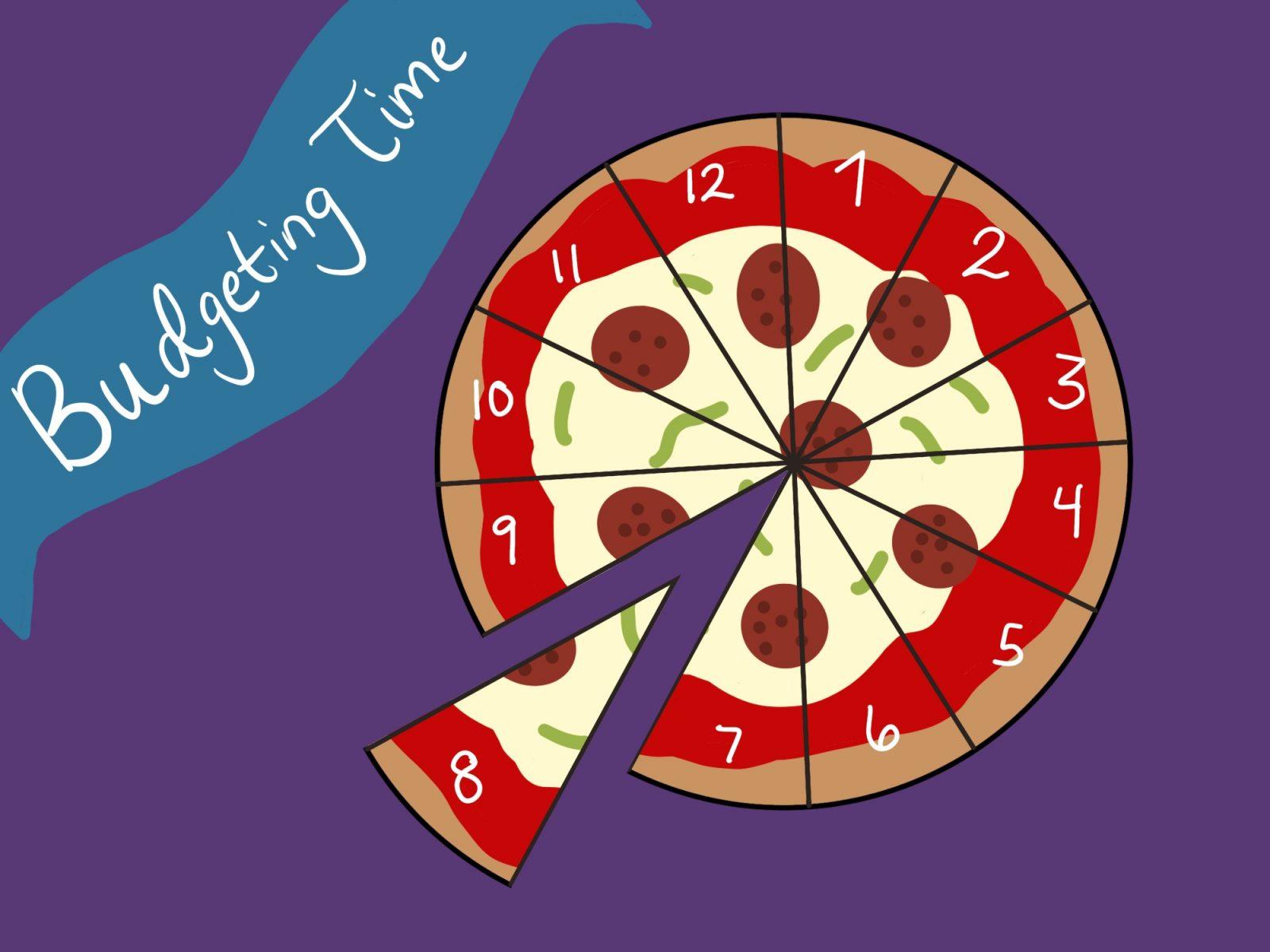
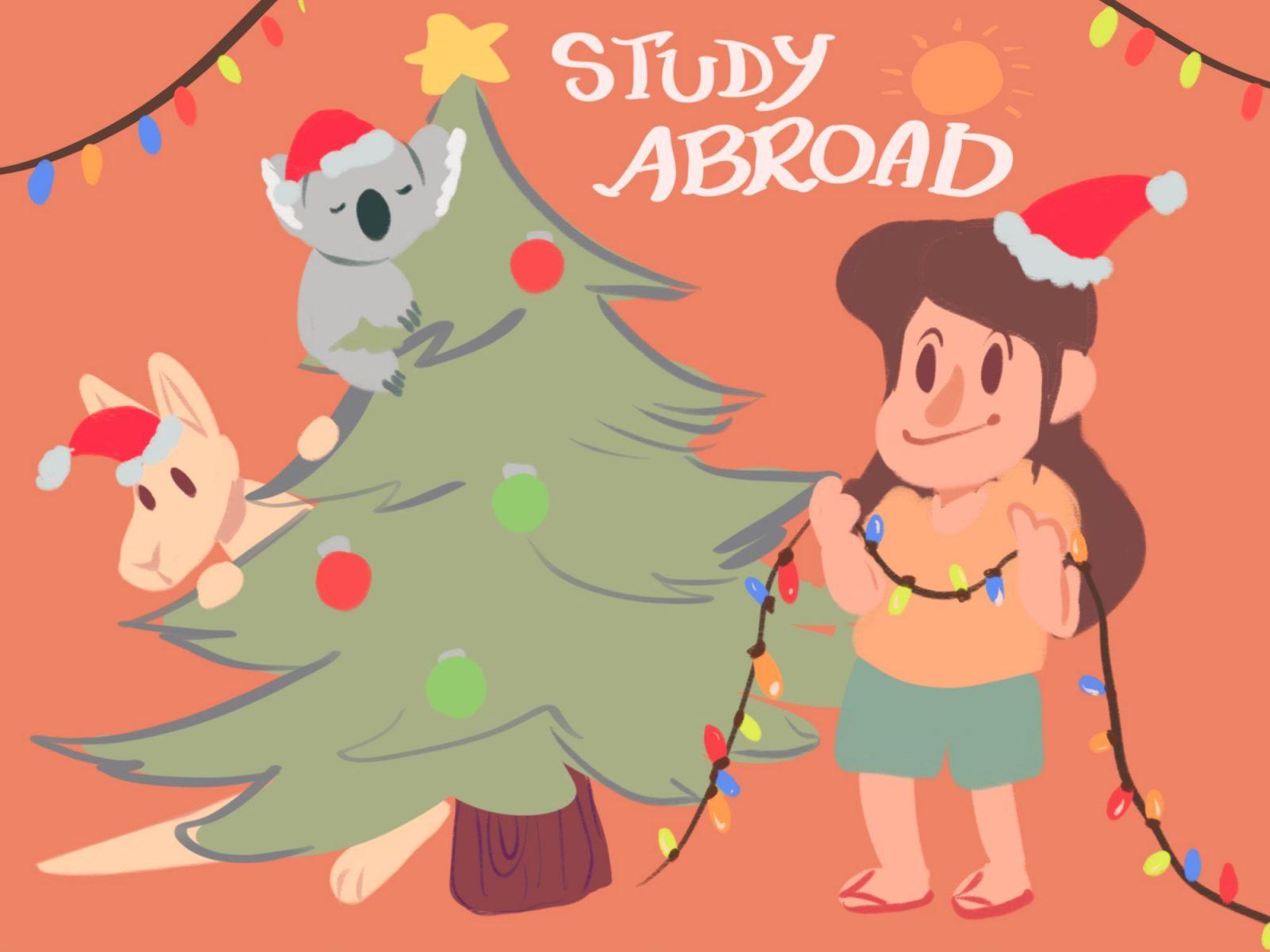

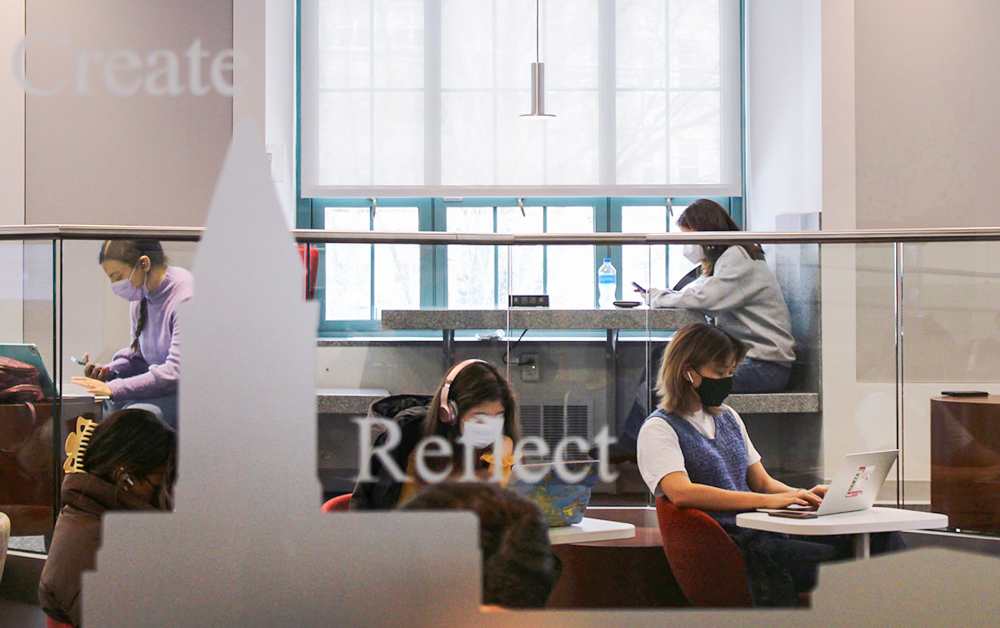

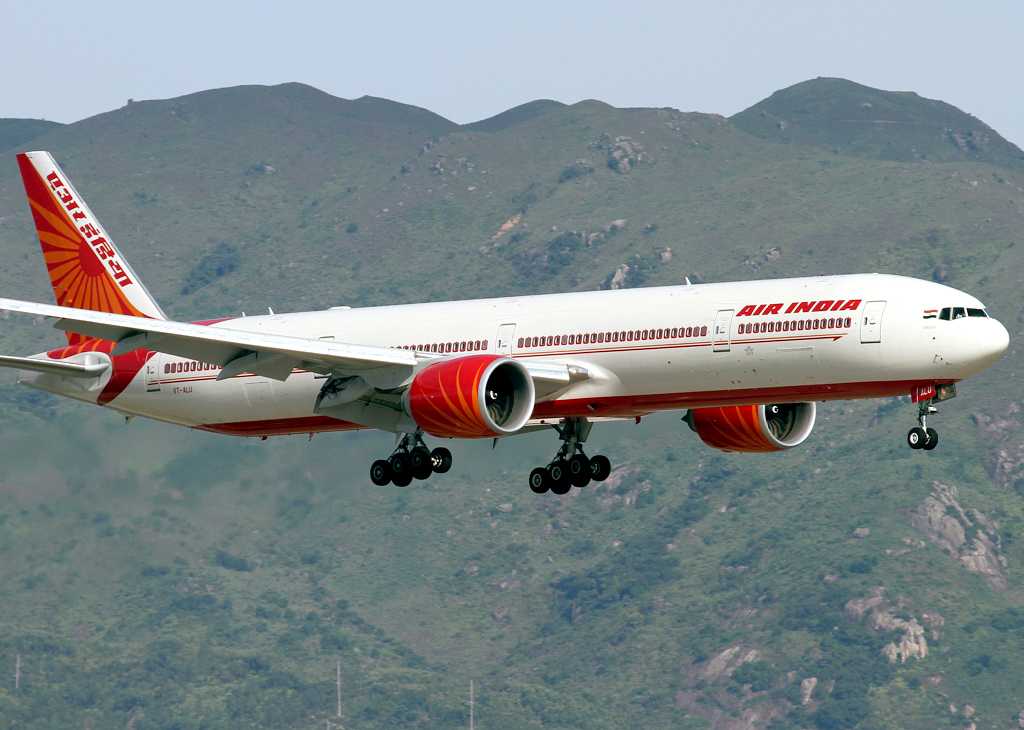


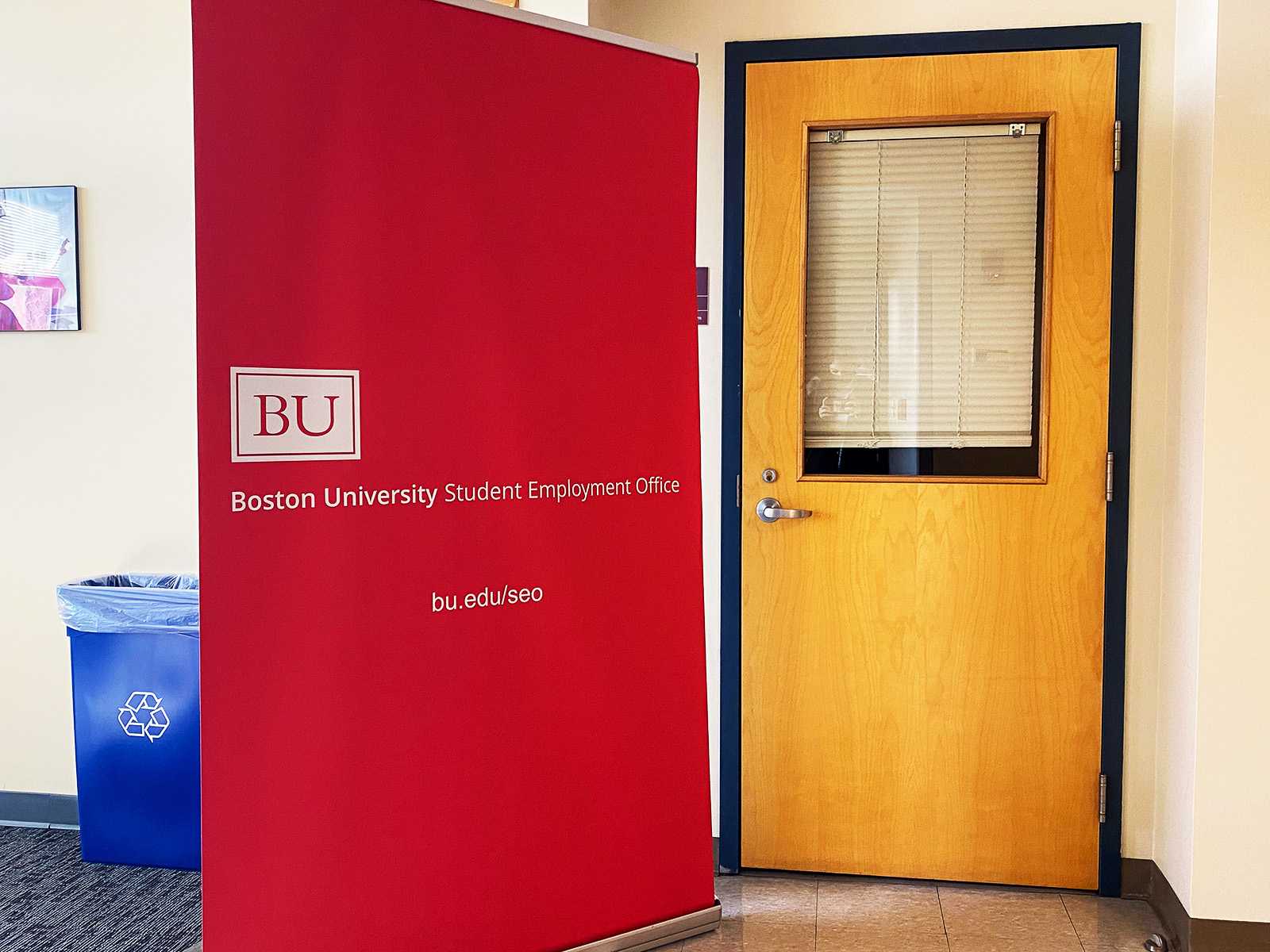

Ritik • Dec 4, 2015 at 6:00 am
that this is what they feel about the Sacraments, that it make them happy, better peploe. I do believe that gays should seek someone who is compatible and truly care for them as a friend, as a brother, and build a long lasting relationship, be it friendship, so they canfeel that this provide consolation, compassion, love and affection that is desperately needed for a fully emotional stable person. Life is tough I find, and spiritual life is even more tough. We need good friends to sustain us in difficult times! We need friendship, we need love. And more importantly, we need contentment in life. This is very important. I hope that this message provide some sense of comfort for those who seek an answer in this difficult issue. And as always, HOPE, and know that there is a good friend for you in this life. If someone truly need a friend in this ordeal, it is certainly gay peploe, because they got it tough. I ask Jesus that He help gays peploe with the issue of loneliness and provide them friendship and love. Thank you.Mike
Franc • Mar 19, 2013 at 5:16 am
For the Pope istallation,so many leaders, kings and presidents are cominy to Rome that for security reasons the italian police closed all the area around the Vatican!